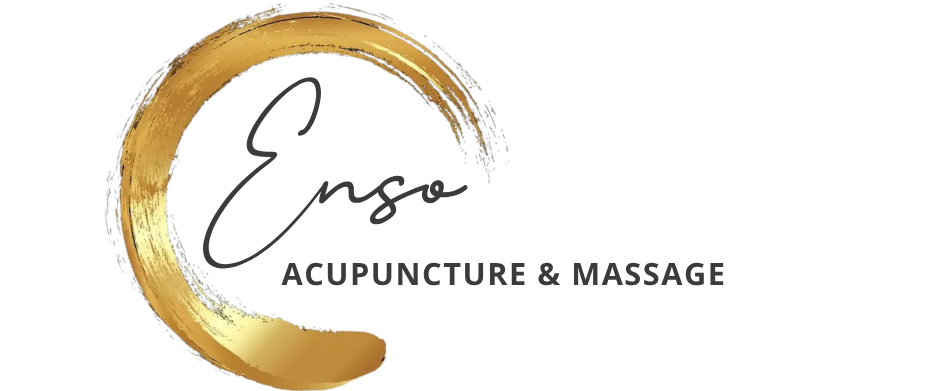FAQs Tailored to Every Service
Have questions about your care? Each section below addresses the most common concerns for our services, so you can feel confident, informed, and supported before your session begins.
Acupuncture FAQs
How Can Acupuncture Support My Overall Health?
Acupuncture works by triggering the body’s natural ability to regulate itself. Targeting specific nerve-rich areas helps calm the nervous system, improve circulation, and restore balance across multiple physical and emotional systems.
Which Health Concerns Respond Well to Acupuncture?
Many clients turn to acupuncture for chronic pain, fatigue, hormonal imbalances, migraines, digestive discomfort, and stress-related symptoms. It’s often recommended as part of a broader, integrative wellness strategy.
- Chronic pain (back pain, neck pain, arthritis)
- Migraines and headaches
- Anxiety and depression
- Insomnia and sleep disorders
- Digestive issues (IBS, bloating)
- Allergies and sinus problems
- Women’s health (menstrual cramps, infertility, menopause symptoms)
Will I Feel the Needles During Treatment?
Most clients describe the sensation as minimal, often comparing it to a tiny tap or a subtle pulse. Some feel nothing at all. The goal is comfort and stillness, not intensity.
How Soon Might I Notice a Difference?
Some people report changes after one session, especially in stress levels or sleep. For others, benefits develop gradually over a few treatments as the body begins to reset and respond.
What Happens at My First Appointment?
Your practitioner will review your health background, listen to your concerns, and create a custom plan. You’ll then lie comfortably in a peaceful space while the treatment begins, often leaving you deeply relaxed.
Are There Any Precautions I Should Know About?
It’s best to eat a light meal beforehand and avoid intense exercise right after. Let your provider know if you’re pregnant, taking blood thinners, or have any implanted devices so the session can be adapted accordingly.
Does Acupuncture Offer Stress Relief Without Medication?
Yes—by reducing the “fight or flight” response, acupuncture helps quiet mental overactivity and physical tension. Many clients use it as a safe, drug-free way to manage anxiety or emotional overwhelm.
Is Acupuncture Just for Pain, or More Than That?
It’s widely known for pain relief, but acupuncture also improves sleep, digestion, hormonal health, and mood. It encourages the body’s natural rhythm to reset and rebalance over time.
Medical Massage FAQs
What is medical massage?
Medical massage is a therapeutic, targeted treatment that focuses on pain relief, mobility restoration, and injury recovery, using advanced techniques beyond relaxation massage.
What conditions can medical massage help with?
- Chronic pain (back, neck, shoulders)
- Muscle tension & stiffness
- Postural imbalances
- Stress-related pain
- Injury recovery
Is medical massage covered by insurance?
Some insurance plans cover massage therapy if prescribed by a doctor as part of a treatment plan. Check with your provider or ask about our insurance verification service.
How is medical massage different from a spa massage?
Medical massage is focused on targeted pain relief and rehabilitation, while spa massages are general relaxation treatments.
How often should I get a medical massage?
Treatment frequency depends on your condition and goals. Many patients benefit from weekly or bi-weekly sessions for chronic pain relief.
Does medical massage hurt?
Some deep-tissue techniques may cause mild discomfort, but our therapists adjust pressure levels based on your comfort.
Can medical massage help with stress and anxiety?
Yes! Massage therapy reduces cortisol (stress hormone) levels while increasing relaxation and endorphin release.
Do I need a referral for medical massage?
No referral is needed unless your insurance provider requires one for coverage.
How long is a medical massage session?
Sessions typically last 45 to 75 minutes, depending on your needs.
What should I expect during my first session?
Your therapist will conduct a brief health assessment, discuss your pain areas, and customize a massage plan based on your concerns.
